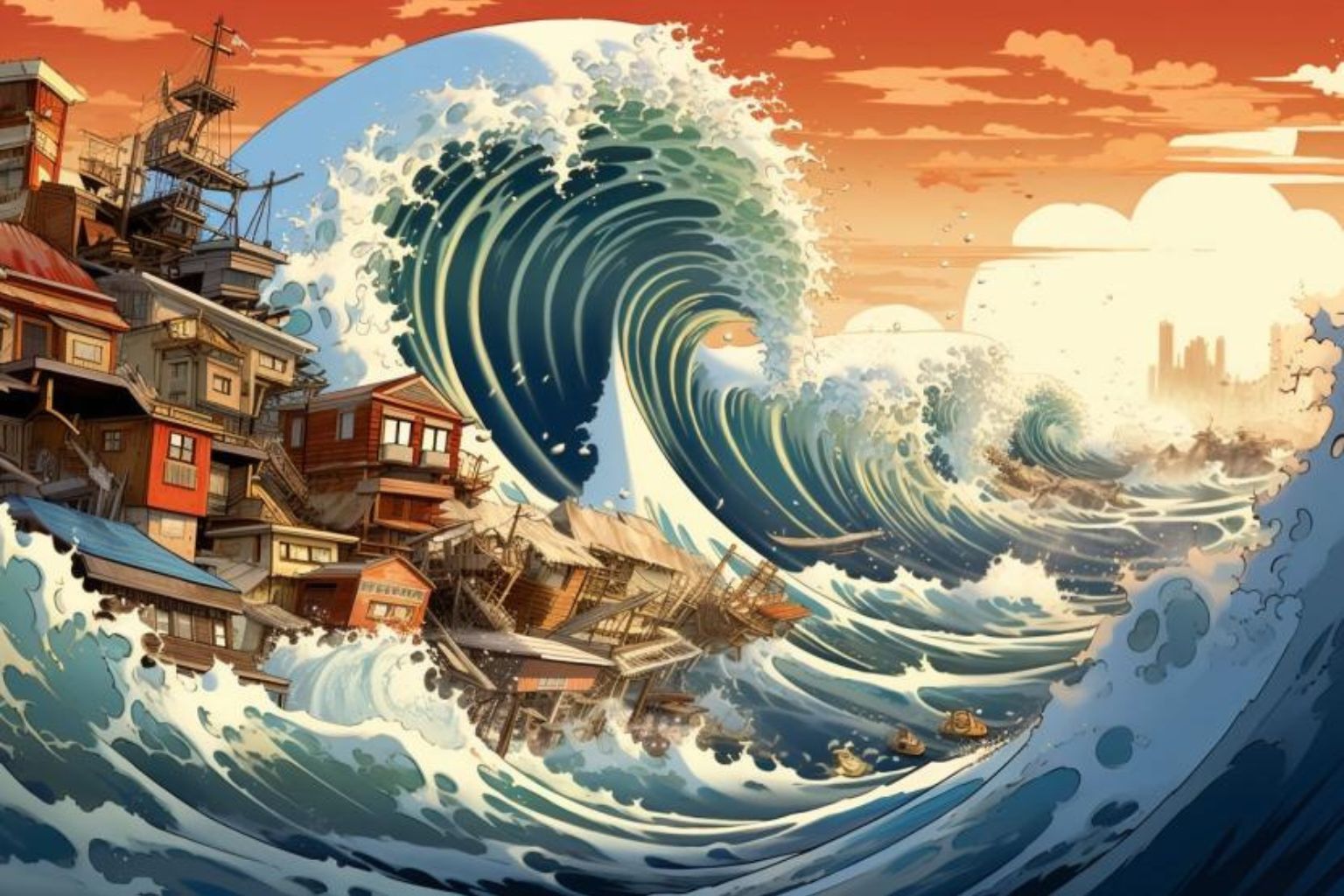No one expects to get whacked by a tsunami on their vacation. I certainly didn’t when I checked into the Grand Wailea Resort in Maui on Wednesday night.
But on Thursday evening, the sirens started blaring, warning that a killer wave could be headed our way.
I don’t mean to downplay the tragedy of what happened in Japan, where the earthquake struck. What they experienced is so much worse than the inconvenience of having to get out of bed a little early.
Our thoughts and prayers are with the victims in Japan, of course.
But there’s a right way and a wrong way to get through a tsunami warning in a hotel. I’m a textbook case of the wrong way.
A tsunami siren
First, I didn’t even know what to listen for. I wish I’d taken a few seconds to educate myself. Here’s what a typical tsunami siren sounds like, in case you were wondering. Ours was just a little different, but similar enough.
I slept through mine. A phone call from a friend alerted me to the evacuation.
Second, take only your valuables and medication. Too many guests ignored repeated requests by the hotel to bring only what’s necessary, and as a result, the lobby was cluttered with people’s luggage. So now, in addition to a tsunami warning, we had a fire hazard. (Related: Can this trip be saved? Stranded 12 hours on the tarmac after earthquake.)
Also, follow the staff’s directions, when it comes to safe zones. A few guests decided to get a closer look at the water just as the first wave was about to strike.
C’mon.
Security had to run down to the beach to retrieve these Darwin Award finalists.
Surviving a Tsunami in style
Of course, where you stay matters. I was lucky enough to have a room at a nice resort in Maui.
They do tsunamis in style. (Here’s what you need to know before you book your next summer holiday.)
Guests were served steaming hot coffee – the good kind, not the instant stuff they give you in the rooms – fruit and pastries. (Hey, if you’re gonna get swept away by an enormous wave, you might as well do it with a decent cuppa joe.)
The staff was right on top of things. I think they called everyone back to work last night to take care of the displaced guests. We were among the customers who had to be moved; our room was on the ground floor, right within striking distance of the ocean. (Related: What to do when Mother Nature tries to ruin your vacation.)
My best advice is that if you’re staying anywhere near the ocean, be aware of tsunamis and know which precautions to take, follow all the instructions (even the ones you don’t want to) and consider yourself lucky if you survive.
We got the “all clear” at 6:30 a.m.




